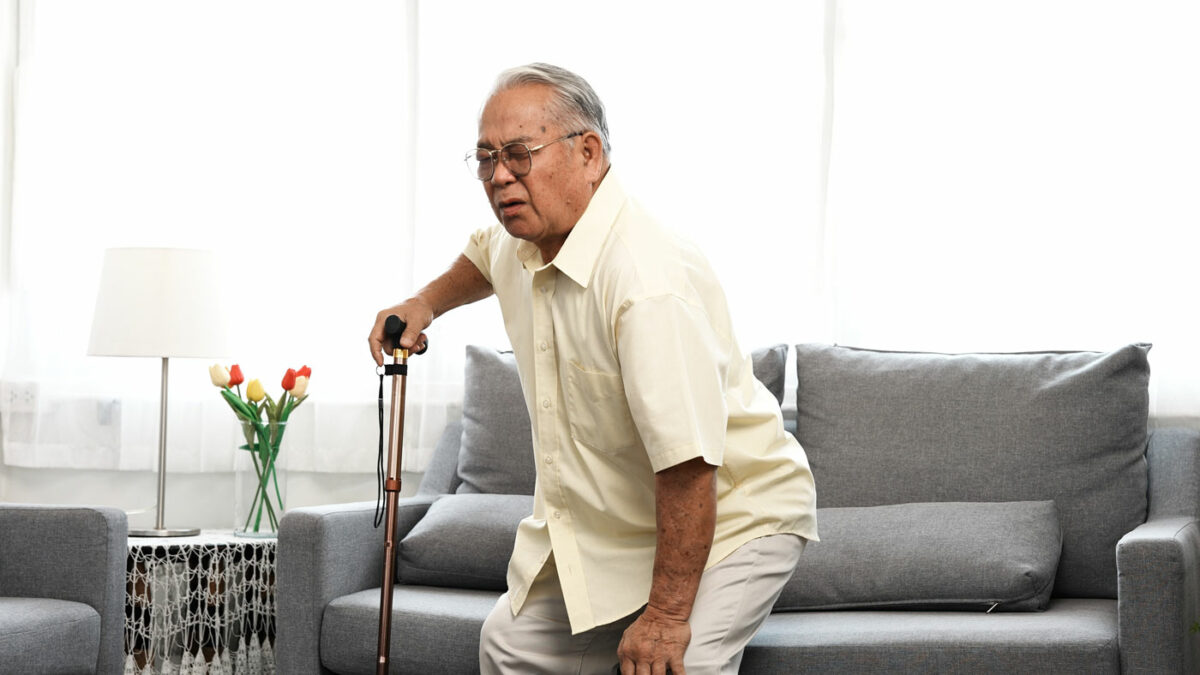Falling, even slipping and landing on a flat floor, is a very dangerous accident, especially for the elderly. Falls can even be twice as deadly as automobile accidents amongst the elderly.
Plus, amongst other types of injuries, falls are more fatal, they cause more hospitalizations, bring more Canadians to the emergency room and cause more disabilities.
July 5th is National Injury Prevention Day. We would like to do our part and take the time to raise awareness of an important risk factor for falling: hearing loss.
The ability to hear and the ability to walk about without falling may seem to be entirely unrelated, but they share a close connection, because they both use cognitive resources.
When a person has to concentrate more on one thing, such as understanding speech or, when walking around, focusing on the ambient sounds in their environment, that person will have a harder time focusing on obstructions in the path of their feet, such as simple things like extension cords or a bump in the floor caused by the shift from tile to carpeting.
A simple, albeit indirect, way to understand this is to read a passage from a book while someone is trying to talk to you. Most people may have a problem concentrating on both at once.
Likewise, if someone has hearing loss, their brain needs to focus more on listening, rather than viewing their environment, or focusing on maintaining their balance or their gait.
To bolster this idea, a study discovered that people with hearing loss who wore hearing aids did better with standard balance tests when their hearing aids were in and turned on, as opposed to when they were turned off.
The three rings in the inner ear that control balance do not, by themselves, compensate for this study’s results, but the brain’s allocation of cognitive resources does.
In short, correcting hearing loss by any means — hearing aids, removing ear wax or removing other obstructions in the ear — may help keep the feet steady.
Other risk factors, such as increased frailty, cannot be ignored, of course, so correcting hearing loss will not completely remove the risk of falls for the elderly, but it may easily mitigate that risk.
After all, anything that decreases the risk of personal injury due to falls is worth the effort!

